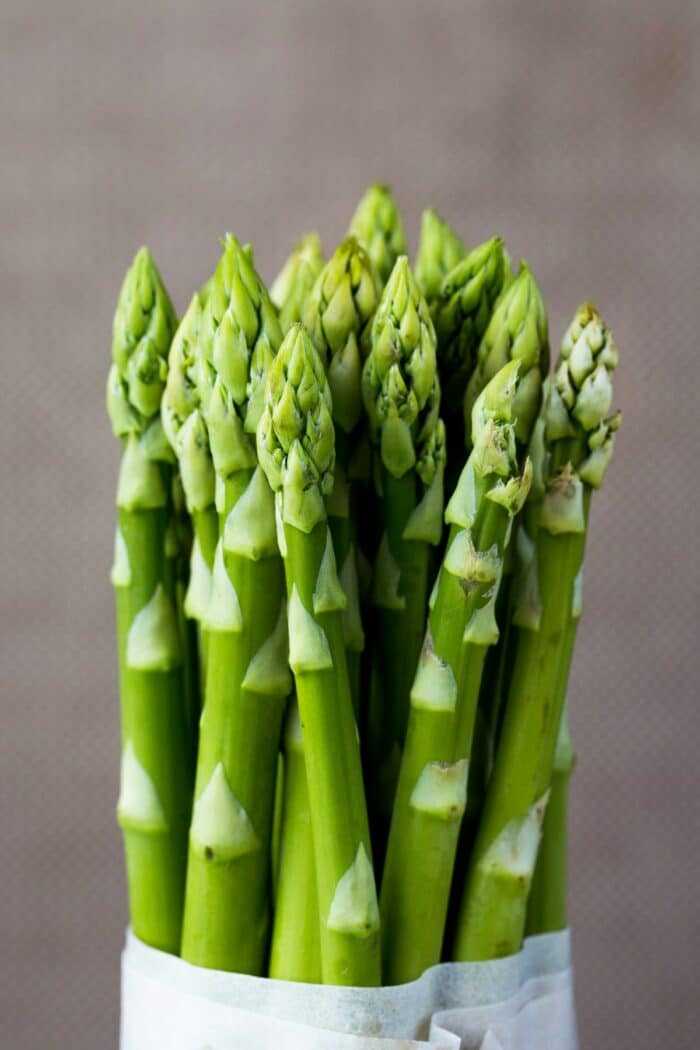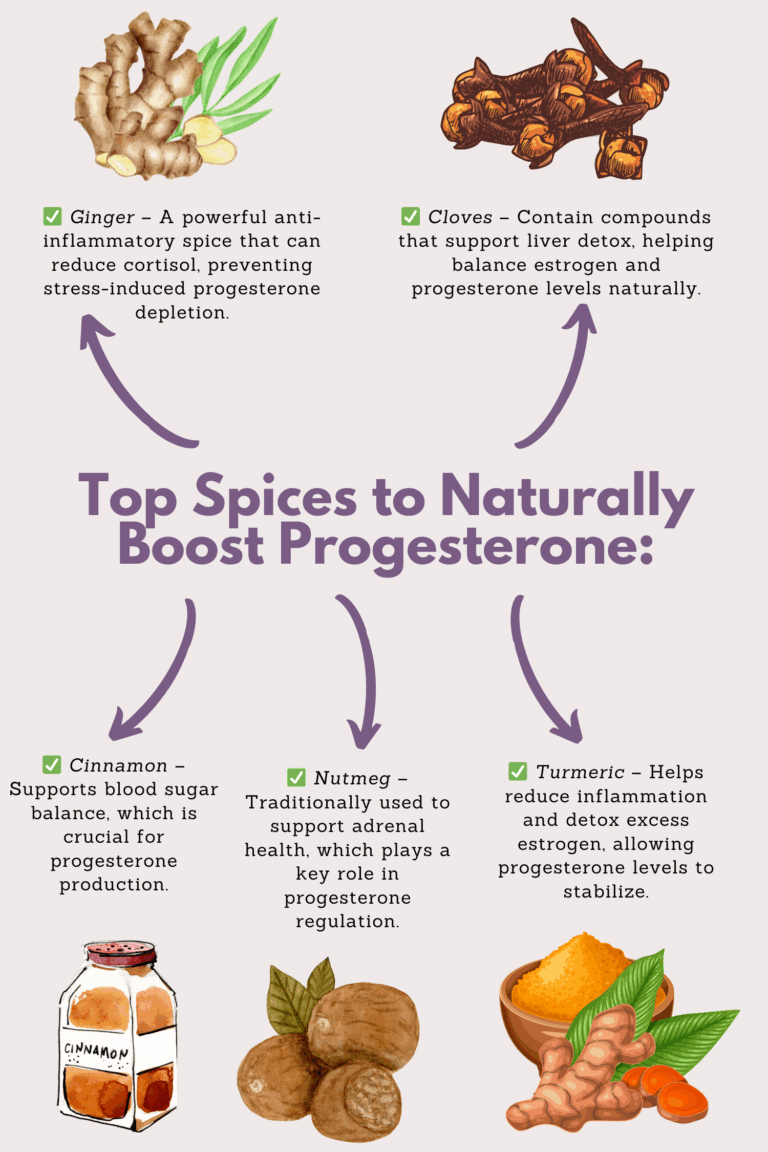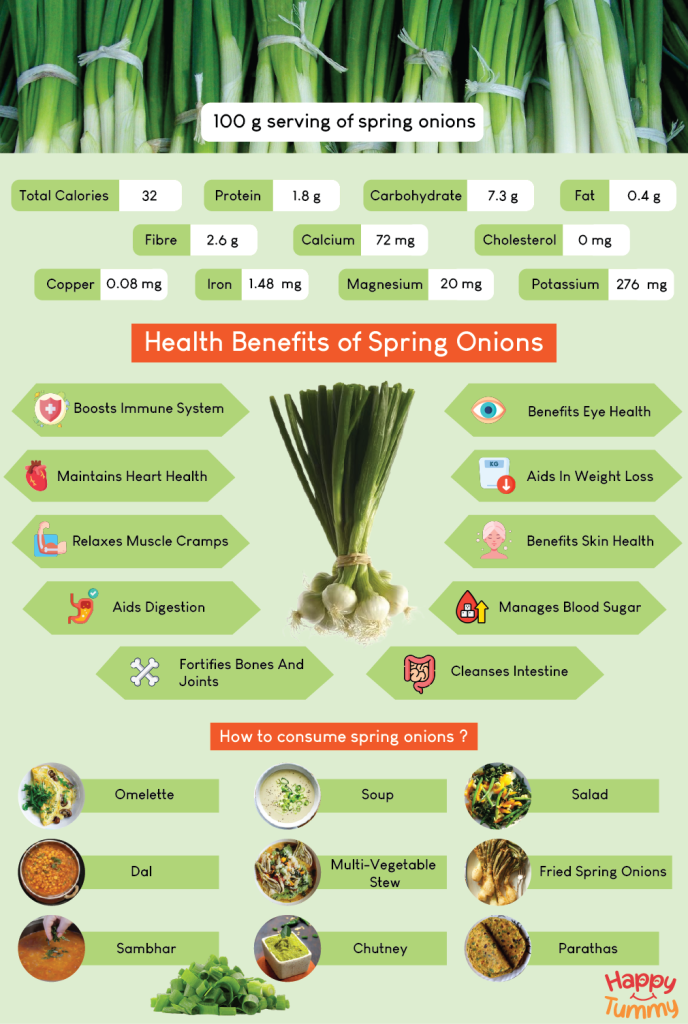The Green Sentinel: Unearthing the Asparagus Secret for Liver Support and the Morning After
The world spins, the room sways, and a drum solo seems to be playing a relentless beat inside your skull. The morning after a night of revelry is a familiar landscape for many, a testament to the liver’s valiant but often overwhelmed efforts to metabolize the excesses of celebration. In this universal quest for relief, countless concoctions, old wives’ tales, and fleeting fads have been embraced, often with mixed results. Yet, quietly, patiently, one unassuming vegetable has stood guard, its slender green spears holding a secret that science is only now fully beginning to unravel: asparagus, the hangover helper you didn’t know you needed, a potent ally for liver support.
This isn’t merely a tale of a quick fix, but a deeper narrative, a journey through history, chemistry, and physiology that reveals asparagus not as a miraculous cure-all, but as a sophisticated biological tool. For the discerning mind, the knowledgeable seeker of true wellness, the story of asparagus and its profound impact on liver health – particularly in the face of alcohol metabolism – is a compelling one, inviting us to look beyond the surface of our plates and into the intricate dance of nature’s pharmacy.
The Morning After: A Biological Reckoning
Before we introduce our green hero, let us first understand the villain, or rather, the consequence: the hangover. It’s more than just a headache; it’s a symphony of physiological distress orchestrated by the body’s response to alcohol. When you consume alcohol, primarily ethanol, your liver immediately goes to work. This remarkable organ, our body’s master detoxifier, employs a two-phase detoxification system.
Phase I: The Initial Attack. Here, enzymes like Alcohol Dehydrogenase (ADH) and the Cytochrome P450 2E1 (CYP2E1) system convert ethanol into acetaldehyde. This is where the plot thickens, for acetaldehyde is a highly toxic compound, far more damaging than alcohol itself. It’s a carcinogen, a potent free radical generator, and the primary culprit behind many of those dreaded hangover symptoms: nausea, vomiting, headache, and general malaise. Its presence triggers inflammation, causes oxidative stress, and disrupts cellular function throughout the body, especially within the liver itself.
Phase II: The Cleanup Crew. Following Phase I, another set of enzymes, primarily Aldehyde Dehydrogenase (ALDH), steps in to convert acetaldehyde into acetate, a much less toxic compound that can then be further metabolized into water and carbon dioxide, or used for energy.
The hangover, then, is largely a consequence of the liver’s inability to process acetaldehyde quickly enough, leading to its accumulation. But it’s not just acetaldehyde. Alcohol also acts as a diuretic, leading to dehydration and electrolyte imbalance. It disrupts sleep, causes gastrointestinal irritation, and triggers a systemic inflammatory response. The body, in essence, is fighting a multi-front war, and its primary general – the liver – is working overtime, often under duress.
In this context, the quest for a "hangover cure" is fundamentally a search for something that can either prevent the accumulation of acetaldehyde, accelerate its breakdown, mitigate the inflammatory response, or replenish what has been lost. While many turn to greasy breakfasts, strong coffee, or pain relievers, these often address symptoms without tackling the root biochemical imbalance. This is where asparagus enters the scene, not as a magical eraser of bad choices, but as a profound support system for the very organ struggling to right the ship.
Asparagus: A Storied Past, A Medicinal Present
Our journey with asparagus begins not in a modern laboratory, but in the annals of ancient history. Asparagus officinalis, as it is scientifically known, boasts a lineage that stretches back millennia, cultivated by civilizations long before the advent of scientific instruments could explain its benefits. Originating in the eastern Mediterranean and Asia Minor, wild asparagus has been harvested and consumed for its delicate flavor and purported medicinal properties since at least 3000 BCE.
The ancient Egyptians revered it, depicting its cultivation in hieroglyphs. The Greeks and Romans were particularly fond of it. The Roman Emperor Augustus, a man known for his meticulousness, even coined the phrase "faster than cooking asparagus" to describe something needing to be done with great speed. Beyond culinary delight, they understood its therapeutic potential. Greek physicians like Hippocrates and Dioscorides recommended it as a diuretic, a laxative, and an aphrodisiac – the latter reputation clinging to it throughout the ages, perhaps due to its phallic shape and early spring arrival.
During the Middle Ages, asparagus’s popularity waned in Europe, only to be rediscovered during the Renaissance, gracing the tables of royalty and the prescriptions of herbalists. It traveled across continents, eventually finding its way to the Americas, where it was eagerly adopted. Across various cultures and traditional medicine systems, a common thread emerged: asparagus was consistently recognized for its cleansing and strengthening effects on the body, particularly on the kidneys and liver. Its diuretic properties were undeniable, but beneath this obvious effect lay a deeper wisdom, an intuitive understanding that this green spear possessed a unique vitality.
This historical backdrop is crucial because it highlights a long-standing, empirically observed connection between asparagus and overall health, particularly related to detoxification and vital organ support. It’s a testament to the enduring power of folk wisdom, which often precedes and then is validated by modern scientific inquiry.
The Green Spear’s Arsenal: Unpacking the Phytochemical Power
The true genius of asparagus, however, lies not just in its history or its taste, but in its incredibly complex biochemical composition. It is a veritable powerhouse of phytonutrients, vitamins, and minerals, each playing a role in its profound effects on the body, especially the liver.
1. The Star Players for Liver Support:
-
Asparagusic Acid: This unique organosulfur compound is found exclusively in asparagus. While famous for its role in the distinctive odor of asparagus urine (more on that later), emerging research suggests it may also play a more direct role in cellular metabolism and protection. Its specific mechanisms in liver support are still under investigation, but its presence marks asparagus as truly distinct.
-
Saponins: Asparagus is rich in saponins, which are naturally occurring plant compounds with a soapy texture. These compounds have been extensively studied for their anti-inflammatory, antioxidant, and even cholesterol-lowering properties. In the context of liver health, saponins contribute to reducing inflammation, a key factor in alcohol-induced liver damage, and bolster the liver’s defense against oxidative stress.
-
Flavonoids (Quercetin, Kaempferol, Isorhamnetin): These are powerful polyphenolic antioxidants. Quercetin, in particular, is renowned for its anti-inflammatory and hepatoprotective effects. These flavonoids act as free radical scavengers, neutralizing the damaging reactive oxygen species produced during alcohol metabolism and inflammation. They also help to modulate immune responses, reducing the overall inflammatory burden on the liver. By protecting liver cells from oxidative damage, they support the organ’s ability to regenerate and function optimally.
-
Glutathione (and its Precursors): Often called the "master antioxidant," glutathione is critical for liver detoxification. It participates directly in Phase II detoxification, binding to toxins (including acetaldehyde) and facilitating their excretion. Asparagus doesn’t just contain some glutathione; it provides essential precursors and cofactors that enable the body to synthesize more of its own glutathione. This is a crucial distinction: rather than just supplying a small amount, asparagus empowers the liver’s intrinsic detox machinery.
-
Amino Acids (e.g., Asparagine): Asparagine, from which asparagus derives its name, is an amino acid that plays a role in nitrogen balance and metabolic processes. While not a direct detoxifier, it contributes to the overall metabolic health that supports liver function.
2. Direct Impact on Alcohol Metabolism: The Scientific Revelation
This is where the "hangover helper" claim moves from folk wisdom to scientific validation. A pivotal study, published in the Journal of Food Science in 2009 by researchers from the Institute of Medical Science and Cheju National University in Korea, delved specifically into the effects of Asparagus officinalis extract on liver cells.
Their findings were groundbreaking. They demonstrated that extracts from asparagus leaves and shoots significantly increased the activity of both Alcohol Dehydrogenase (ADH) and Aldehyde Dehydrogenase (ALDH) enzymes in human liver cells. This is precisely what a body needs to combat a hangover: to accelerate the breakdown of alcohol into acetaldehyde (ADH) and, more importantly, to rapidly convert the toxic acetaldehyde into harmless acetate (ALDH). By enhancing the efficiency of these critical enzymes, asparagus helps the liver clear alcohol and its toxic byproducts more quickly, thereby reducing the duration and severity of the acetaldehyde-induced misery.
Furthermore, the study also showed that asparagus extract protected liver cells from oxidative stress induced by alcohol, indicating its dual role: not only accelerating detoxification but also shielding the liver from damage during the process. This protective effect is likely due to the synergistic action of its antioxidants and anti-inflammatory compounds.
3. Broader Nutritional Support:
Beyond these specific compounds, asparagus is a nutritional powerhouse that supports overall health, which in turn benefits the liver:
- Vitamins: Rich in Folate (Vitamin B9), crucial for DNA synthesis and repair, and important for metabolic pathways. It also provides Vitamin K, essential for blood clotting and bone health, and a good source of Vitamin C and Vitamin E, both potent antioxidants. B vitamins, in general, are vital cofactors for numerous metabolic enzymes, including those involved in alcohol metabolism.
- Minerals: Abundant in potassium, an electrolyte crucial for fluid balance, nerve function, and blood pressure regulation – addressing the dehydration aspect of hangovers. It also contains iron, zinc, and selenium, which play roles in enzyme function and antioxidant defense.
- Dietary Fiber: The high fiber content of asparagus promotes healthy digestion, helps regulate blood sugar, and supports a healthy gut microbiome. A healthy gut reduces the burden of endotoxins on the liver, further supporting its function.
In essence, asparagus doesn’t just offer one solution; it provides a comprehensive toolkit. It accelerates the breakdown of toxins, protects liver cells from damage, reduces inflammation, and offers vital nutrients that are depleted during alcohol consumption. It’s a holistic approach to liver support, embedded within a single, elegant vegetable.
The Science Speaks: From Folk Wisdom to Lab Bench
The Korean study was a pivotal moment, providing scientific validation for centuries of anecdotal evidence and traditional use. It translated the whispered wisdom of herbalists and the observed effects of ancient cultures into the precise language of biochemistry and enzymology. This is the beautiful dance between traditional knowledge and modern science, where the latter often illuminates the mechanisms behind the former.
While direct, large-scale human clinical trials specifically designed to test asparagus as a "hangover cure" are still emerging, the foundational research on its phytochemicals and their effects on liver enzymes and cellular protection is robust. The implication is clear: by bolstering the liver’s capacity to process alcohol and its toxic metabolites, and by protecting liver cells from oxidative stress and inflammation, asparagus significantly mitigates the biological factors that contribute to a hangover. It doesn’t magically prevent intoxication, nor does it erase the consequences of excessive consumption, but it empowers the body’s natural defense systems to recover more efficiently and with less collateral damage.
This isn’t about promoting irresponsible drinking; rather, it’s about understanding how nature offers sophisticated tools to support our vital organs, even when they are under strain. It speaks to a deeper appreciation for the complex interplay between diet and physiological resilience.
Beyond the Hangover: A Lifelong Ally
To pigeonhole asparagus solely as a "hangover helper" would be to do a disservice to its broader health benefits. Its rich nutrient profile makes it an invaluable addition to a healthy diet, offering protective effects that extend far beyond the morning after.
- Cardiovascular Health: The fiber, potassium, and antioxidants in asparagus contribute to heart health by helping to regulate blood pressure, reduce cholesterol levels, and prevent oxidative damage to blood vessels.
- Blood Sugar Regulation: Its fiber content aids in stabilizing blood glucose levels, making it beneficial for individuals managing diabetes or seeking to prevent blood sugar spikes.
- Anti-cancer Potential: The array of antioxidants, saponins, and anti-inflammatory compounds in asparagus have been investigated for their potential role in cancer prevention, particularly in inhibiting the growth of certain cancer cells and protecting DNA from damage.
- Digestive Health: The insoluble and soluble fiber content promotes regularity, feeds beneficial gut bacteria, and supports a healthy digestive tract, which is intrinsically linked to liver health.
- Bone Health: Its high Vitamin K content is crucial for bone mineralization and strength.
- Brain Health: Folate is essential for cognitive function and mood regulation, and its antioxidant profile may offer neuroprotective benefits.
Thus, while its role in liver support after alcohol consumption is particularly compelling, incorporating asparagus into one’s regular diet is an investment in long-term, holistic well-being. It is a testament to the idea that foods are not just fuel, but sophisticated biological messengers that can modulate our physiology in profound ways.
Bringing Asparagus to Your Plate: Practical Integration
Understanding the science is one thing; integrating it into life is another. How does one harness the power of this green sentinel?
1. Selection and Storage:
Choose asparagus spears that are firm, bright green, and have tightly closed tips. Avoid any that are limp, dull, or woody. Store them upright in a glass with about an inch of water, covering the tips loosely with a plastic bag, in the refrigerator for up to 3-5 days.
2. Preparation and Cooking:
While raw asparagus in salads can be delicious, cooking often enhances its bioavailability and palatability. Light cooking methods are preferred to preserve its delicate nutrients.
- Steaming: A classic method that retains nutrients. Steam until tender-crisp (about 3-5 minutes).
- Roasting: Toss with a little olive oil, salt, and pepper, then roast at 400°F (200°C) for 10-15 minutes until tender and slightly caramelized. This method brings out a lovely sweetness.
- Grilling: Brush with olive oil and grill for a few minutes per side until tender with nice grill marks.
- Stir-frying: Quickly cook with other vegetables and a light sauce.
- Blanching: Briefly boil then plunge into ice water to maintain vibrant color and crispness, perfect for salads.
3. Recipes and Serving Suggestions for Liver Support:
For optimal liver support, especially after a night of indulgence, consider these approaches:
- The Morning-After Asparagus Scramble: Sauté chopped asparagus and mix into eggs, perhaps with some turmeric (another potent liver supporter). This provides protein, essential nutrients, and the targeted liver support.
- Asparagus and Lemon Detox Soup: A light broth-based soup with plenty of asparagus, fresh lemon juice, and herbs. Hydrating and cleansing.
- Roasted Asparagus with Grilled Salmon: A nutrient-dense meal that combines asparagus’s liver-boosting properties with omega-3 rich salmon, providing healthy fats and protein for recovery.
- Asparagus Smoothie (for the brave): While not for everyone, blending raw or lightly steamed asparagus with green apples, ginger, and a touch of lemon can be a potent detoxifying drink.
4. The Holistic Approach:
While asparagus is a powerful ally, it’s crucial to remember that it is part of a larger picture. True liver support and hangover mitigation involve a multi-pronged approach:
- Hydration: Drink plenty of water before, during, and after alcohol consumption.
- Responsible Drinking: The best "hangover cure" is moderation or abstinence.
- Balanced Diet: A diet rich in whole foods, antioxidants, and fiber consistently supports liver health.
- Adequate Sleep: Allows the body to repair and regenerate.
Asparagus, when integrated thoughtfully, becomes a delicious and effective component of this holistic strategy, offering targeted support precisely when the liver needs it most.
Nuances, Cautions, and Future Horizons
No story of a natural remedy is complete without acknowledging its nuances and limitations.
The Asparagus Urine Phenomenon: For many, the most striking "effect" of asparagus is the distinctive odor it imparts to urine. This is due to the rapid metabolism of asparagusic acid and its derivatives into sulfur-containing compounds like methanethiol, dimethyl sulfide, and dimethyl disulfide. Interestingly, not everyone produces these odoriferous compounds, and not everyone can smell them, a fascinating genetic variation that adds a quirky chapter to the asparagus story. While harmless, it’s a direct testament to the active biochemical processes that asparagus initiates within the body.
Potential Interactions: While generally safe, asparagus is rich in Vitamin K, which plays a role in blood clotting. Individuals on anticoagulant medications (blood thinners) like warfarin should consume asparagus in consistent, moderate amounts and consult their doctor to avoid potential interactions that could affect medication efficacy. Its diuretic properties, while beneficial for flushing toxins, could also interact with prescribed diuretics.
The "Hangover Helper" Caveat: It bears repeating: asparagus is a helper, not an absolution. It supports the liver’s natural detoxification processes, thereby reducing the severity of a hangover. It does not prevent intoxication, nor does it counteract the long-term damage of chronic excessive alcohol consumption. Prevention through moderation remains the gold standard.
Future Research: The scientific journey with asparagus is ongoing. Further research is needed to quantify the optimal "dose" of asparagus for liver support, to conduct more extensive human clinical trials specifically on hangover amelioration, and to fully elucidate the intricate synergistic mechanisms of its numerous phytochemicals. The potential for extracting and concentrating specific compounds for targeted therapeutic applications also remains an exciting avenue of exploration.
Conclusion: Embracing the Green Sentinel
Our journey through the world of asparagus reveals a plant far more complex and powerful than its humble appearance suggests. From the tables of Roman emperors to the modern laboratory bench, asparagus has quietly, consistently offered its gifts of vitality and healing. The story of its ability to support the liver, particularly in the face of alcohol metabolism, is a compelling testament to nature’s elegant solutions and the enduring wisdom embedded in our food.
In a world constantly seeking quick fixes and synthetic solutions, asparagus reminds us that profound health benefits can often be found in the simplest, most natural sources. It encourages us to cultivate a deeper understanding of what we consume, to move beyond mere sustenance and embrace food as medicine, as a source of powerful biological intelligence.
So, the next time the morning after looms, or simply as a proactive gesture of self-care, consider the unassuming green spear. Asparagus, the silent sentinel, stands ready to offer its ancient wisdom and modern scientific validation, a powerful ally in the ongoing quest for optimal health and resilience. Let us not just eat, but understand, appreciate, and truly benefit from the incredible bounty that nature provides. Embrace the green sentinel, and let it fortify your inner landscape.







